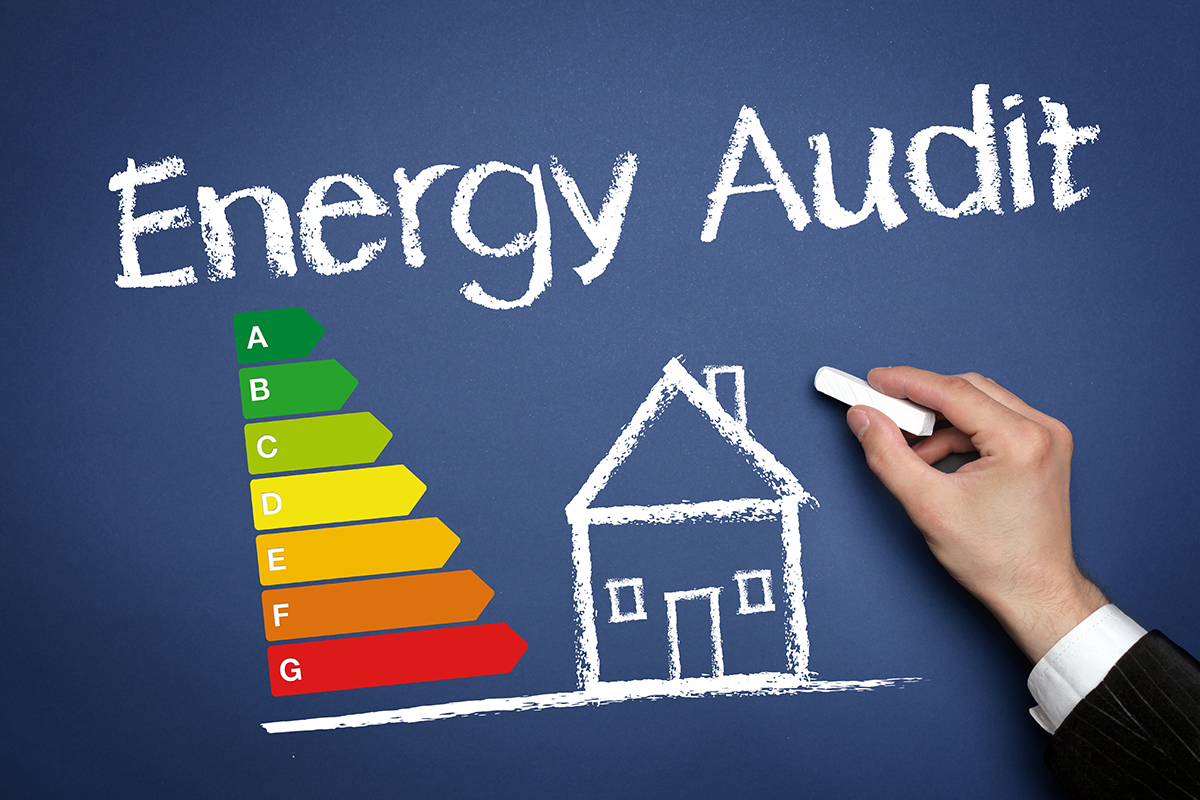The IRS on Aug. 4 provided guidance to taxpayers on the requirements for home energy audits in order to claim the energy efficient home improvement tax credit.
Created by last year’s Inflation Reduction Act, the nonrefundable energy efficient home improvement credit is available to taxpayers who purchase and install certain energy efficient improvements in their principal residences.
The tax credit amount is equal to 30% of the total amount that taxpayers pay for qualified energy efficiency improvements installed during the year, residential energy property expenditures, and home energy audits.
The maximum amounts a taxpayer can claim each year are:
- $1,200 for energy property costs and certain energy efficient home improvements, with limits on doors ($250 per door and $500 total), windows ($600), and home energy audits ($150).
- $2,000 per year for qualified heat pumps, biomass stoves, or biomass boilers.
Notice 2023-59, which was issued by the IRS on Friday, provides specific requirements to claim the tax credit and the process for conducting the home energy audit. The audit must identify the most significant and cost-effective energy efficiency improvements to the residence, including an estimate of the energy and cost savings to each improvement, the IRS said.
Under Section 25C of the tax code, the maximum credit for home energy audits is $150, so taxpayers can claim a 30% credit on audits that cost up to $500, according to the IRS. The home energy auditor must provide a written audit report to the taxpayer.
Starting in 2024, taxpayers will need to substantiate that a qualified auditor conducted their home audit. To satisfy this requirement, the IRS said that the written audit should state that the auditor is certified by one of the certification programs listed on the Department of Energy certification programs for the energy efficient home improvement credit page to conduct the home energy audit.
In Notice 2023-59, the IRS said:
With respect to home energy audits conducted during taxable years ending after December 31, 2022, and conducted on or before December 31, 2023, a home energy auditor is not required to be a Qualified Home Energy Auditor as defined in section 3.03 of this notice. Therefore, taxpayers that paid or incurred expenses for a home energy audit that meets the requirements of § 25C, and that was conducted during taxable years ending after December 31, 2022, and conducted on or before December 31, 2023, may claim a Home Energy Audit Credit for such audit even if the auditor who conducted the home energy audit was not a Qualified Home Energy Auditor, as defined in section 3.03 of this notice, at the time of the home energy audit. However, taxpayers may not claim a Home Energy Audit Credit for home energy audits conducted after December 31, 2023, that were not conducted by a Qualified Home Energy Auditor.
The energy efficient home improvement credit is a nonrefundable credit, meaning that it can only reduce the amount of tax you owe and will not create a refund.
Thanks for reading CPA Practice Advisor!
Subscribe Already registered? Log In
Need more information? Read the FAQs
Tags: Income Taxes, IRS, Taxes




